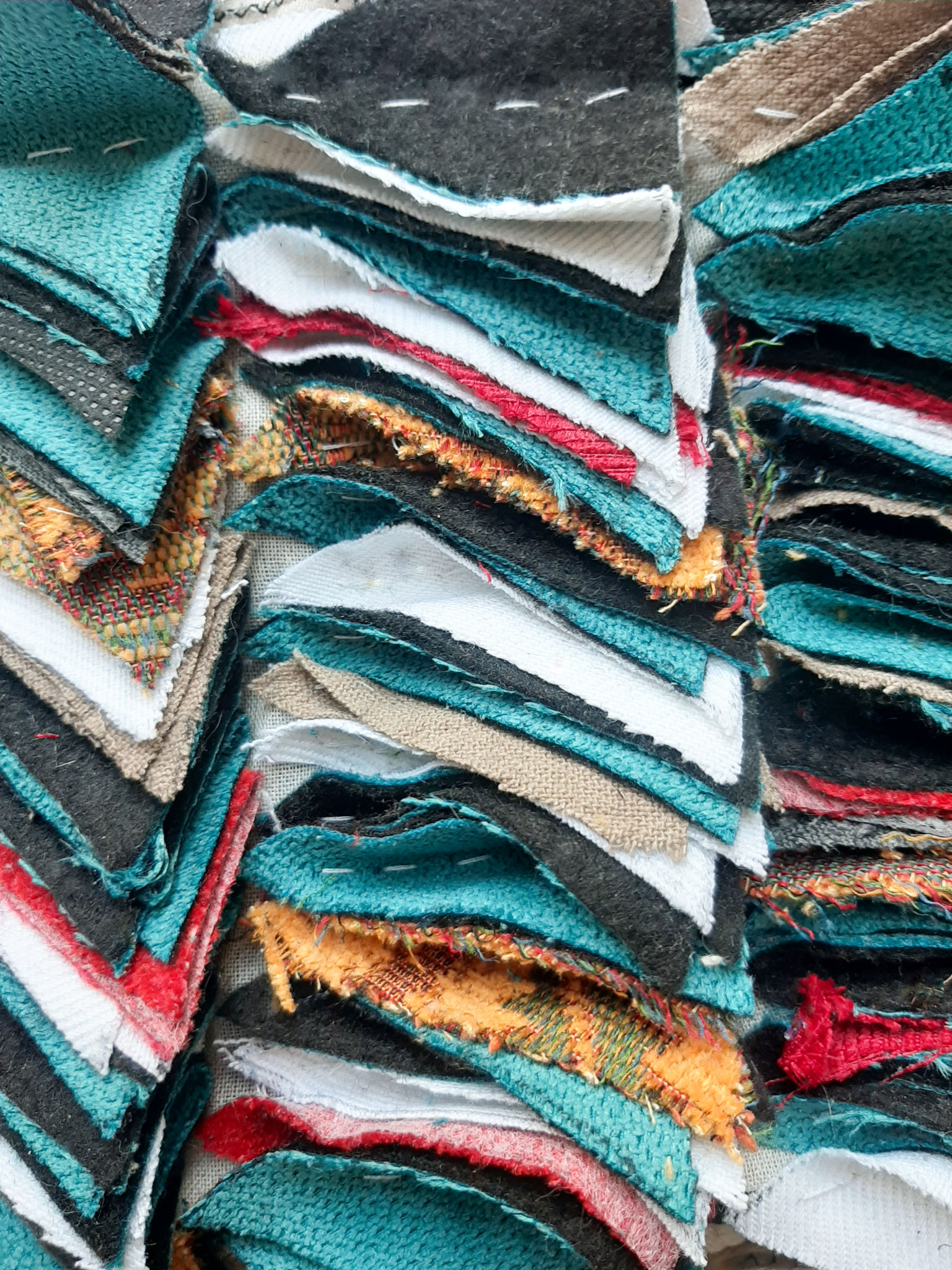Sustainable Style: Why Organic Fashion Matters Now More Than Ever
The Rise of Organic Fashion
In recent years, there has been a significant shift in the fashion industry towards more sustainable and environmentally friendly practices. As consumers become increasingly aware of the impact their choices have on the planet, the demand for organic fashion has surged. Organic fashion is not just a trend; it's a movement that aims to revolutionize how we think about clothing production and consumption.
Organic fashion refers to garments made from materials that are grown without the use of harmful chemicals or pesticides. This approach ensures that the environment is protected, and that the people involved in the production process are not exposed to toxic substances. The benefits of organic fashion extend beyond environmental concerns, encompassing ethical considerations and personal health.

Environmental Impact
One of the most compelling reasons to support organic fashion is its positive impact on the environment. Traditional textile production is notorious for its heavy use of water and chemicals, which can lead to pollution and degradation of ecosystems. In contrast, organic farming practices prioritize soil health and biodiversity, reducing the carbon footprint and conserving water resources.
The fashion industry is one of the largest polluters globally, emitting substantial greenhouse gases. By choosing organic fashion, consumers contribute to reducing these emissions. Moreover, organic fibers like cotton require significantly less water, making them a more sustainable option in an era where water scarcity is becoming a critical issue.
Ethical Considerations
Beyond environmental benefits, organic fashion also addresses ethical issues within the industry. Conventional fashion supply chains often involve exploitative labor practices and poor working conditions. Organic fashion brands tend to focus on fair trade principles, ensuring that workers receive fair wages and work in safe environments.

Supporting organic fashion means supporting transparency and integrity in the fashion supply chain. Many organic brands are committed to ethical sourcing and production processes, providing consumers with peace of mind that their purchases are not contributing to human rights violations.
Health Benefits
Wearing organic clothing can also have direct benefits for personal health. Conventional fabrics are often treated with chemicals that can irritate the skin or cause allergic reactions. Organic fabrics, being free from these harmful substances, are gentler on the skin, making them an excellent choice for individuals with sensitive skin or allergies.
Furthermore, organic textiles are typically more breathable and durable, providing comfort and longevity in wear. This not only enhances personal well-being but also reduces the frequency of replacing garments, promoting a more sustainable lifestyle.

How to Embrace Organic Fashion
Adopting an organic wardrobe doesn't have to be overwhelming. Here are some simple steps to integrate sustainable style into your life:
- Start small: Begin by replacing basic items like t-shirts or underwear with organic alternatives.
- Research brands: Look for companies that prioritize sustainability and ethical practices in their production processes.
- Support local: Whenever possible, buy from local designers who use organic materials.
By making these conscious choices, you can contribute to a more sustainable future while enjoying high-quality, stylish clothing.